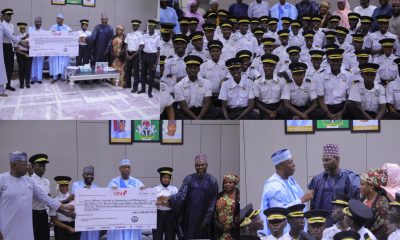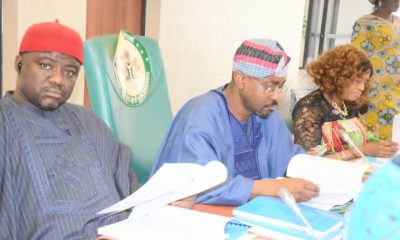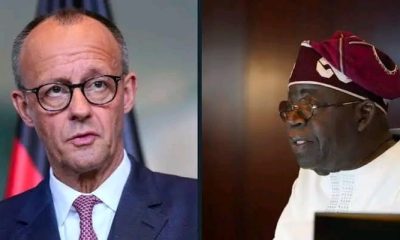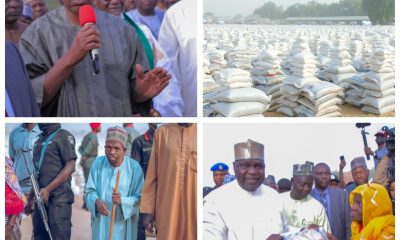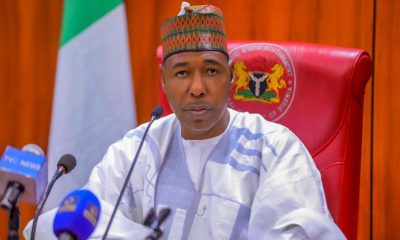National
Obasanjo Renews Call for Single African Currency, Laments Naira’s Collapse
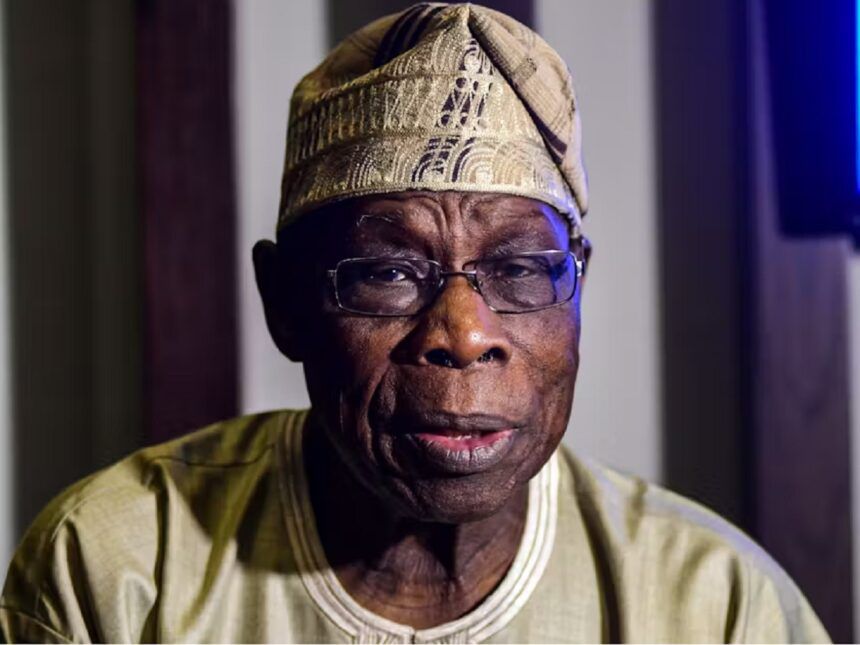
By Diafa Doubra,
Former Nigerian President, Chief Olusegun Obasanjo, has once again called on African leaders to work towards establishing a single continental currency, stressing that the current overreliance on foreign currencies such as the U.S. dollar and euro continues to undermine Africa’s economic independence.
Obasanjo made the call during a public lecture in Abeokuta on Monday, where he lamented the sharp decline of the naira, which he described as “a tragedy for Africa’s largest economy.”
According to the former president, Africa cannot achieve true economic integration and development unless its nations adopt a common currency that would strengthen intra-African trade, shield economies from external shocks, and restore dignity to the continent in global markets.
“The naira was once a source of pride for Nigerians and respected across Africa. Today, it is almost worthless. If Africa continues to rely on foreign currencies for trade among ourselves, we will never be free from economic bondage,” Obasanjo said.
The former president, who played a central role in the establishment of the African Union (AU) and the New Partnership for Africa’s Development (NEPAD), noted that efforts to launch the Eco, the proposed West African single currency, had stalled due to weak political will and inconsistent policies among member states. He argued that unless leaders act decisively, Africa would continue to miss opportunities to consolidate its economic strength.
His comments come at a time when Nigeria is battling unprecedented economic challenges—rising inflation, food insecurity, and a battered currency that has plunged millions deeper into poverty. The naira’s depreciation has also fueled public anger, with many questioning the effectiveness of government policies to stabilize the economy.
Economists have reacted to Obasanjo’s remarks with mixed opinions. While some agree that a single African currency would enhance trade under the African Continental Free Trade Area (AfCFTA), others warn that differences in fiscal discipline, political stability, and infrastructure across African states could make such an initiative difficult to sustain.
Still, Obasanjo insists that Africa must start somewhere. He urged current leaders not to shy away from difficult reforms, warning that the cost of inaction would be far greater for future generations.
“We cannot afford to fold our arms while the naira and other African currencies collapse. A single African currency is not a dream, it is a necessity,” he concluded.
The speech has since sparked conversations across Nigeria and beyond, rekindling debate on whether Africa is ready or willing to take the bold step toward monetary unity.

